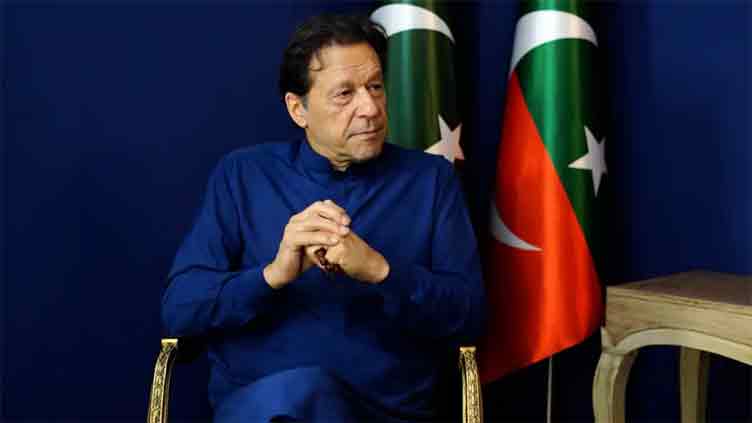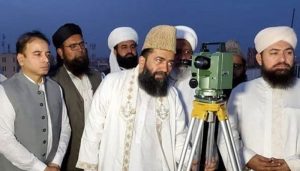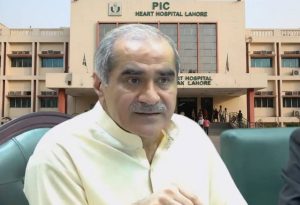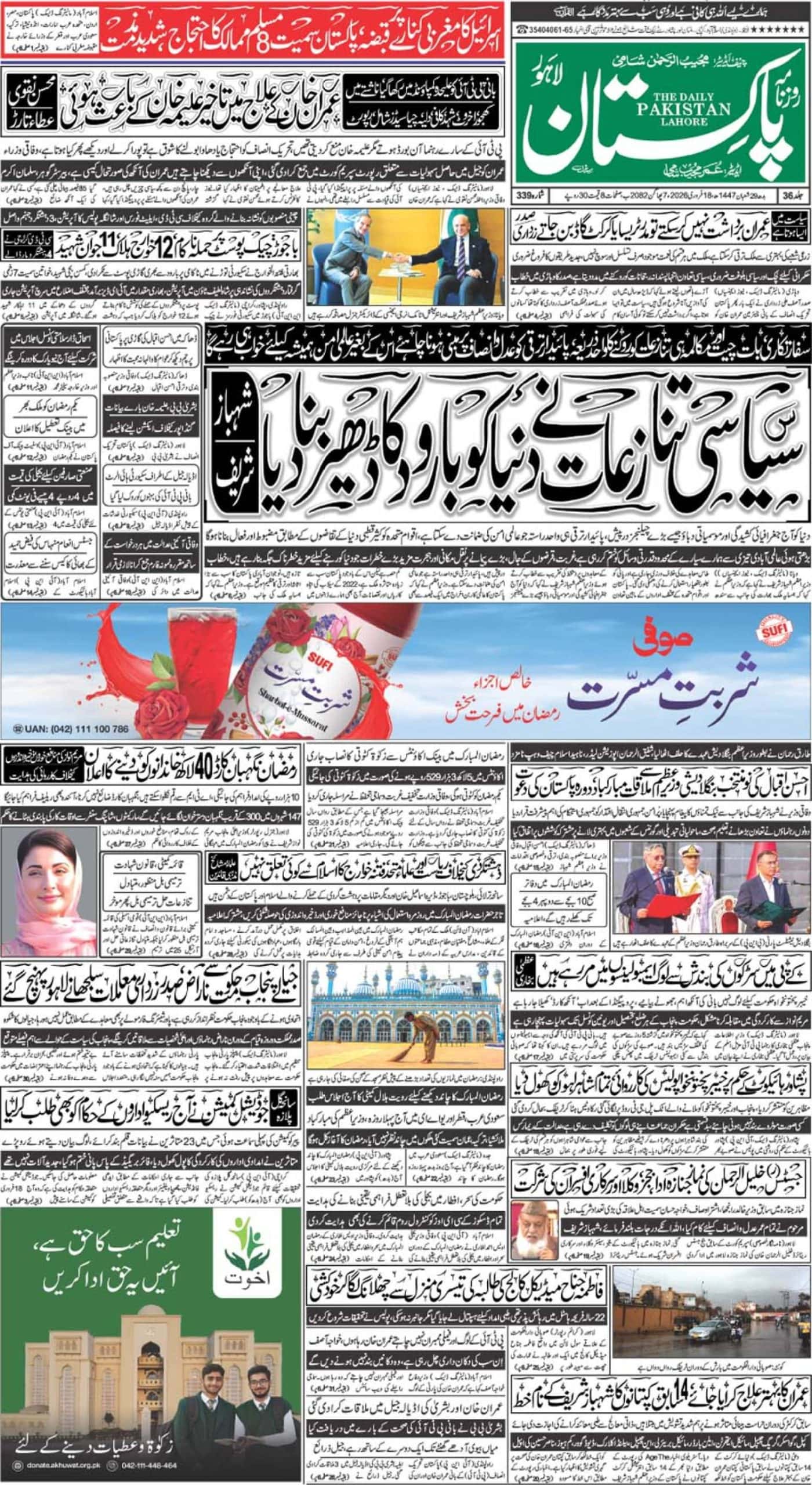ISLAMABAD – The Supreme Court on Thursday approved bail for former PTI Chairman Imran Khan in eight cases related to the events of May 9.
A three-member bench headed by Chief Justice Yahya Afridi granted the bail after hearing arguments from both the prosecution and Khan’s legal team. The bench underwent a change before the hearing, with Justice Hassan Azhar Rizvi replacing Justice Miangul Hassan Aurangzeb.
During the proceedings, Special Prosecutor Zulfiqar Naqvi cited health reasons for his absence in the previous hearing. The Chief Justice responded sympathetically, saying, “No problem.”
Chief Justice Afridi posed two critical questions to both the prosecution and the defense: whether a final finding can be given in a bail case and whether the principle of continuity applies when bail was previously granted in conspiracy-related cases.
Prosecutor Naqvi stated that observations made during bail hearings are always interim and do not affect the outcome of trials. He read from the Supreme Court’s earlier rulings, including the “Ijaz Ahmed Chaudhry” case, to support his argument.
CJP asked the prosecution to distinguish this case from previous conspiracy-related bail cases where bail had been granted. Justice Afridi remarked, “Recent Supreme Court decisions in similar conspiracy cases have all granted bail. Show us a case where bail was denied under such allegations.”
Naqvi responded that unlike those cases, this case involved digital evidence from social media. However, the chief justice clarified that the court would not consider the merits at the bail stage, stating, “Merits will be determined by the trial court.”
Imran Khan’s lawyer Salman Safdar said he had all relevant case precedents involving conspiracy allegations and bail. The chief justice instructed the prosecutor to cite any Supreme Court case where bail had been denied in a conspiracy case, emphasizing that the court would not discuss the main facts of the case at this stage.
The prosecution presented three witness statements, along with photographic, voice-matching, and WhatsApp message evidence. They noted that permission was granted by the trial court to conduct tests, but the accused did not cooperate while in custody.
The Supreme Court, after hearing all arguments, approved bail for Imran Khan in the eight May 9 cases.














